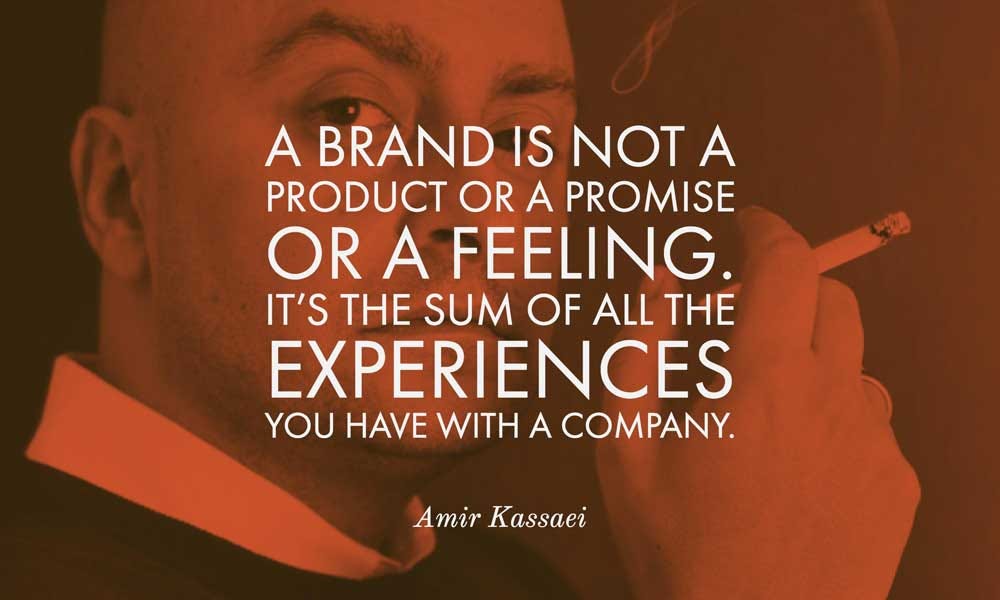Member-only story
What Is Brand Equity and Why Is It Valuable In Business?
A brand is no longer what we tell the consumer it is — it is what consumers tell each other it is.
Being a co-founder of Intuit, as well as a director of eBay and Procter & Gamble, Scott Cook knows exactly what he is talking about as his companies have built and maintained numerous famous brands.
Psychologically speaking, branding is an incredibly powerful strategy and it can make all the difference.
It seems that the term “brand” has become synonymous with quality, meaning that consumers are more likely to select branded products believing that they will deliver on their promises.
Brand equity is one of the most valuable assets that a company has, and although intangible, it is critical to its financial success.
The Importance of Branding
Even marketers sometimes tend to reduce a brand to a mere logo or symbol, although it is much more complex than that.
A brand is an abstract idea that incorporates various aspects of a product, including a logo, font, name, colours, packaging, as well as a wide array of consumers’ perceptions of it.

The initial idea behind branding was to help customers distinguish between similar products by different manufacturers, and its primary role was to improve visibility and awareness.
However, in time, the concept of branding developed and grew, and now we can talk about brand equity as something that is of vital importance to the value of any brand.
It’s basically how customers perceive a brand, and it equals the sum of all their interactions and experiences with the brand, as well as their expectations from it.
Famous brands like Apple, Nike, or Coca-Cola have strong brand equity, and it can be translated into their ability to attract customers and retain them.
In other words, customers will always pick the brand they are loyal to over unbranded or competitor products.

